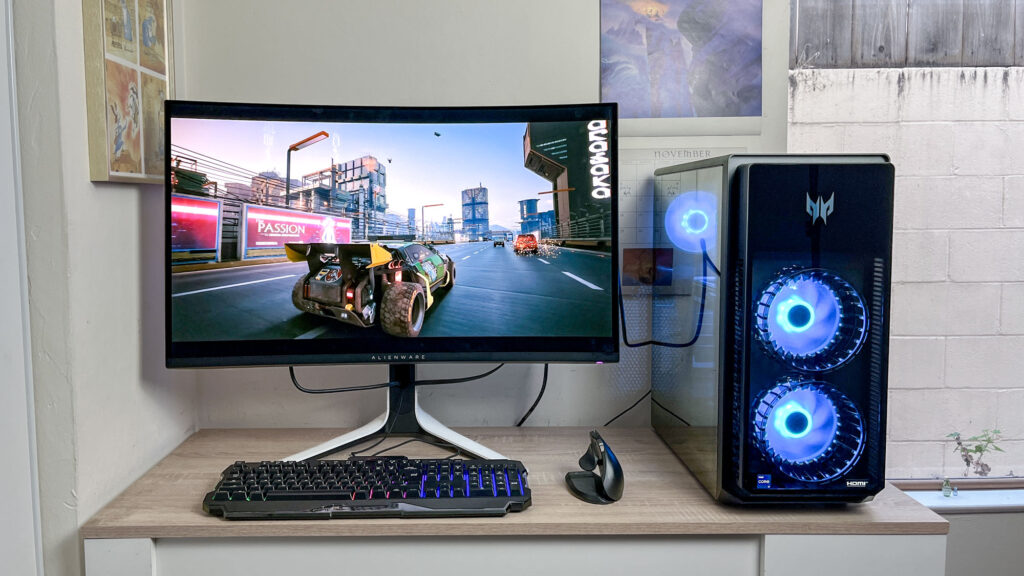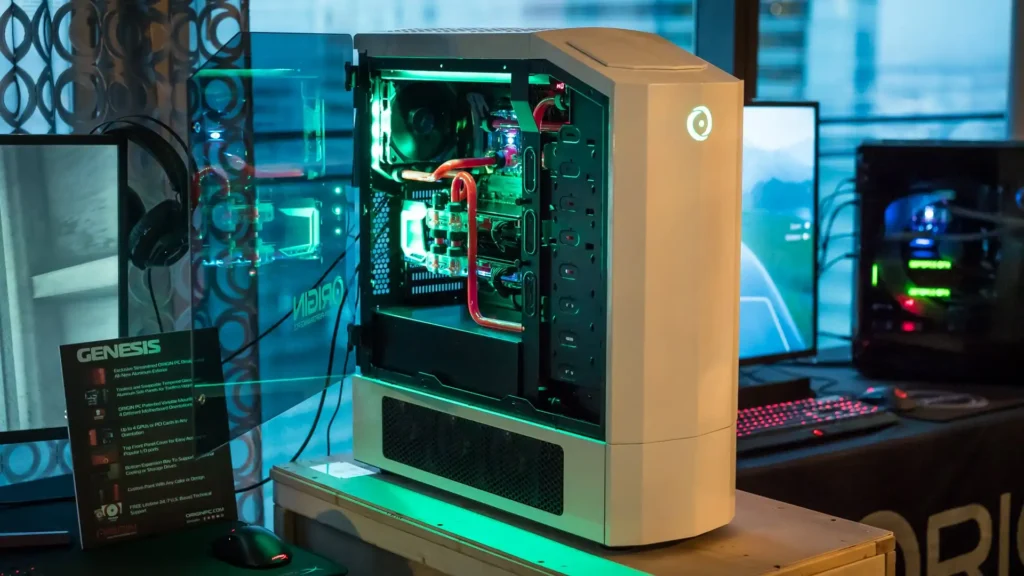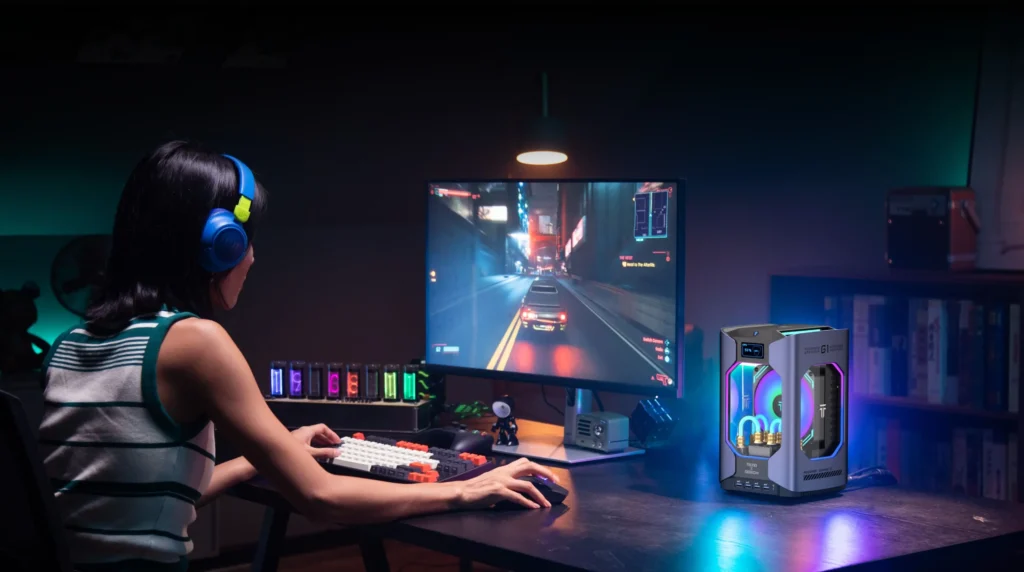
Gaming has evolved into a high-stakes arena where performance, speed, and visuals can make or break your experience. Whether you’re a casual player or an esports competitor, having the best gaming PC is essential for unlocking the true potential of your favorite games. In this guide, we’ll explore how to build or buy the best gaming PC for ultimate performance, focusing on the key components, budget options, optimization tips, and future-proofing strategies. Let’s dive in!
Why Choosing the Best Gaming PC Matters
The right gaming PC isn’t just about flashy RGB lights or a sleek case; it’s about building a machine capable of handling the latest games at smooth frame rates, stunning resolutions, and low latency. The best gaming PCs deliver immersive experiences by seamlessly running AAA titles, VR applications, and competitive multiplayer games without hiccups. Choosing wisely means investing in hardware that maximizes your gameplay and longevity without frequent costly upgrades.
Core Components of the Best Gaming PC
CPU: Powerhouse of Your Gaming Rig
Your CPU (Central Processing Unit) processes game logic, physics, and AI. Modern games benefit from CPUs with multiple cores and high clock speeds. Popular choices include AMD Ryzen 5 or 7 series and Intel Core i5 or i7 processors. A strong CPU ensures your PC won’t bottleneck your GPU, leading to smooth gameplay.
GPU: The Heart of Graphics Performance
The graphics card (GPU) is the most critical component for gamers. NVIDIA’s RTX 40-series and AMD’s Radeon RX 7000-series are leading the pack with ray tracing and AI-driven enhancements. Investing in a powerful GPU means stunning visuals, realistic lighting, and buttery-smooth frame rates.
RAM: Ensuring Smooth Multitasking and Gameplay

For modern gaming, 16GB of DDR4 or DDR5 RAM is the sweet spot, balancing performance and cost. Faster RAM can improve loading times and in-game responsiveness, especially when multitasking or streaming.
Storage: Speed vs Capacity – SSDs and HDDs Explained
Solid State Drives (SSDs) have revolutionized gaming load times. NVMe SSDs offer lightning-fast speeds that reduce wait times and improve overall system responsiveness. It’s ideal to have at least 500GB SSD storage for your OS and favorite games, complemented by a larger HDD for mass storage.
Motherboard: Backbone of Compatibility and Upgradability
Choosing the right motherboard ensures compatibility with your CPU, RAM, and GPU. Features like PCIe 4.0 or 5.0 support, multiple M.2 slots, and good VRM cooling are essential for stable performance and future upgrades.
Power Supply Unit (PSU): Stability and Efficiency
A reliable PSU with 80 Plus Gold certification or higher ensures your system runs smoothly without power issues. Overestimating your power needs slightly (around 650-750W for most builds) leaves room for upgrades.
Cooling Solutions: Keeping Your Rig Cool Under Pressure

Efficient cooling—whether air or liquid—is vital to maintain peak performance and prevent thermal throttling. High-quality fans, CPU coolers, and good airflow in your case keep your components safe and stable.